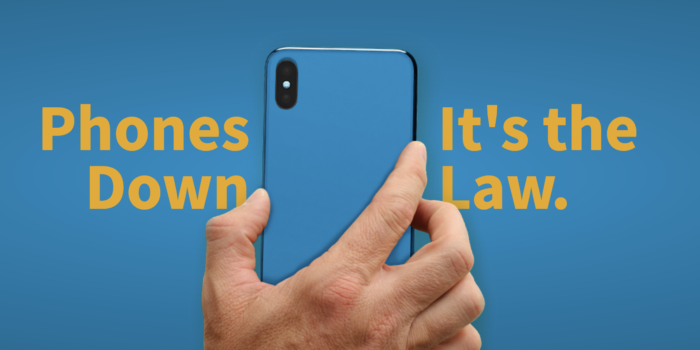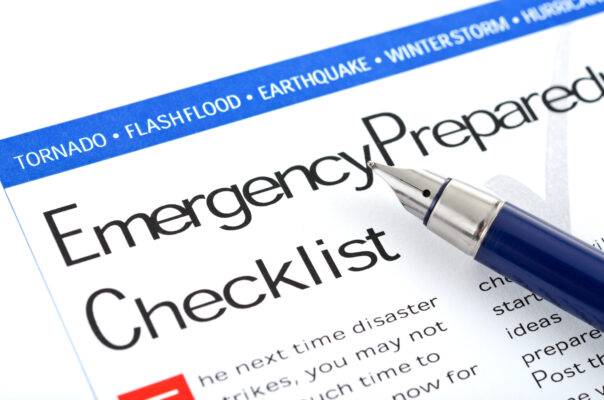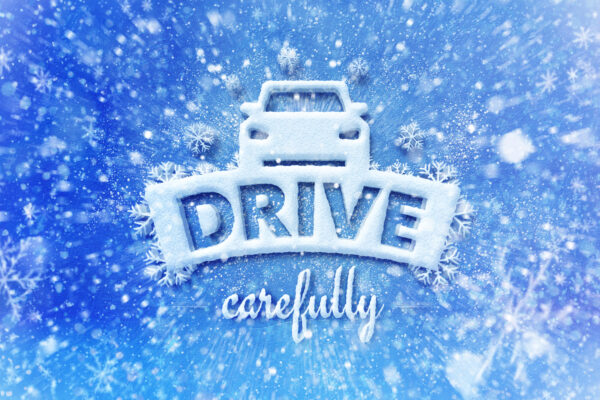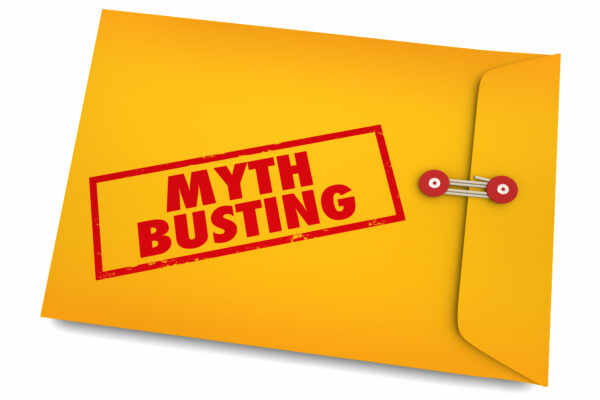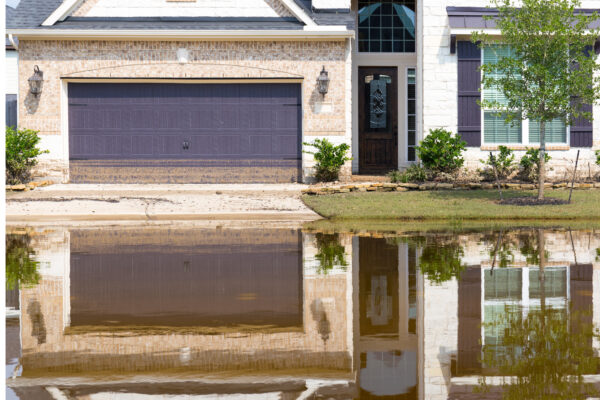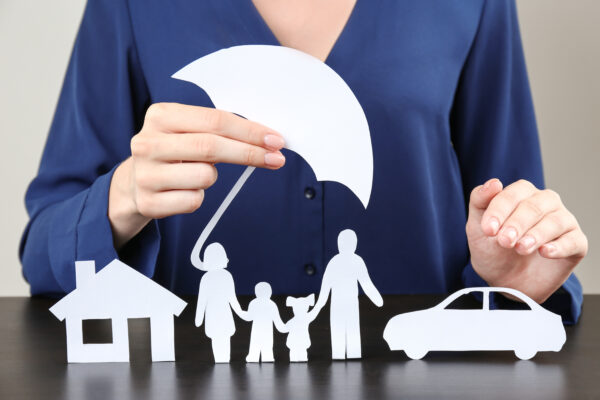Myth #1: My homeowner policy automatically covers flood damage.
No, it does not. It should be more commonly known that flood insurance must be purchased separately. Contact us for more information. We are here to help.
Myth #2: I’d have to be a millionare to be sued for a million dollars. That couldn’t happen to me.
Not true. Third party damages can be awarded based on court outcomes. You can be protected. An umbrella is an easy and inexpensive way to help protect you from catastrophic situations that may occur as the result of automobile accidents and other liability situations.
Myth #3: Earthquake insurance comes with my homeowner policy.
No, that is not true. Discuss with an agent as coverage can be purchased under your homeowner policy by endorsement.
Myth #4: Sewer and drain backup are covered automatically under my homeowner policy.
No again! Coverage is not automatically provided under the basic homeowner policy. However, this coverage can be specifically added to your homeowner insurance policy by endorsement. Talk to you Clark Insurance agent for further details and various limits of coverage available.
Myth #5: My collectibles, jewelry, precious metals, guns and cash are covered under my homeowner policy for full value.
No! The basic homeowner policy extends set limits under the policy contract. An agent can help you to understand if additional coverage will need to be purchased to fully cover these items in a loss situation.
Myth #6: anyone who operates my vehicle is automatically covered under every automobile policy, no problem.
Not necessarily. Coverage limitations may exist depending on the carrier and policy language. Please discuss with your local agent for further information and policy limitations and exclusions.
Myth #7: My vehicles – licensed and unlicensed – are always covered for full value under my personal homeowner policy.
Not always. Homeowner policies have various limitations and specific exclusions for vehicles, motorcycles, golf carts, dune buggies, etc. Please consult an agent to make certain that your vehicles are properly covered for liability and physical damage.
Here’s what is a fact, and not a myth. Everyone at Clark Insurance really cares about protecting you, your family and your home. Call us anytime with your questions…we are always here for you!

